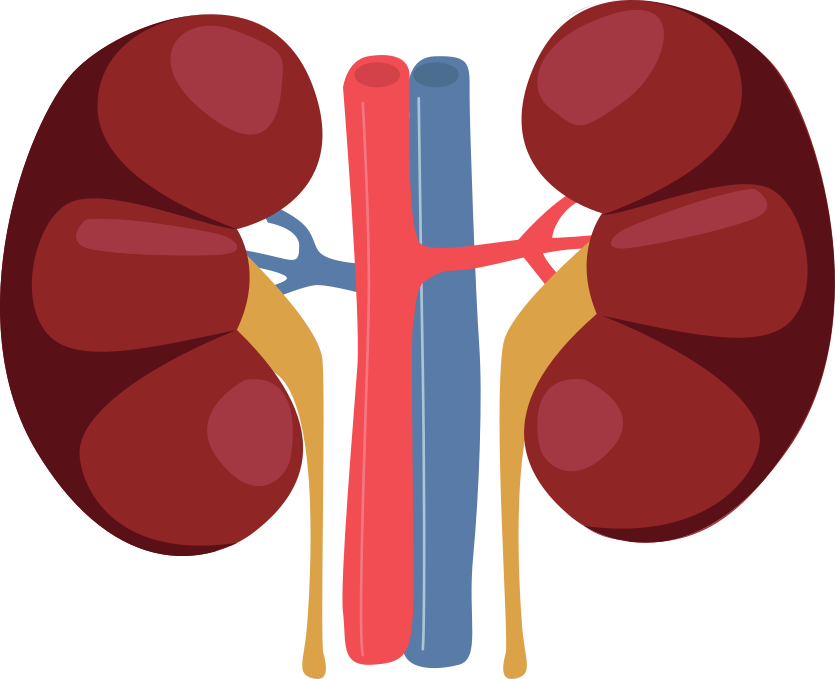The Causes of Chronic Kidney Disease

Chronic kidney disease (CKD), also sometimes referred to as chronic kidney failure or chronic renal disease, is a long-term condition that involves a gradual loss of kidney function. As chronic kidney disease (CKD) progresses, the kidneys lose their ability to remove toxins and excess fluid from the body effectively. The loss of kidney function is incremental in five stages and generally occurs over several years. It is important to note that CKD does not always progress to stage 5, commonly called end-stage kidney disease or kidney failure. And with effective management of CKD, the progression of the disease can be slowed down substantially.
Common Causes of CKD
The causes of CKD are varied and can even be unclear for some patients. CKD often results from other pre-existing health conditions. Here, we will focus on the most common causes.
Diabetes
Diabetes is the most common cause of kidney disease in many parts of the world. High sugar levels in the blood damage the blood vessels in the kidney leading to CKD. Kidney damage can occur in both type 1 and type 2 diabetes. If you have diabetes, it is important to ensure that your blood sugar level is under control and monitor other related health issues such as high blood pressure.
Factors that increase the risk of kidney disease
Apart from these common causes of kidney disease, there are other factors that put you at increased risk of developing CKD and progression when diagnosed with CKD. As early-stage CKD rarely displays any symptoms, it is vital to identify the risk factors and monitor your health accordingly.
